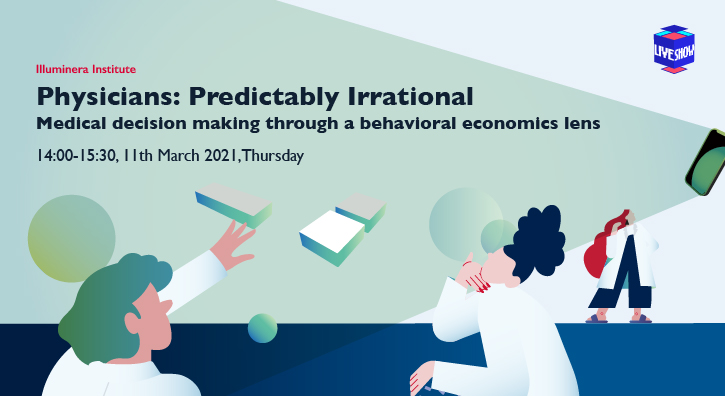
Understanding the physicians’ and patients’ decision-making from a behavioral economics standpoint
The common “rule of thumb” heuristics - availability, representative, and anchoring bias
Applying behavioral economics to improve communication efficiency in promotion of medical brands
Given their dedication to science and logic, one would expect doctors to be the epitome of rational decision making. Their decisions should be based on evidence, and their choices should maximize the likelihood of recovery. Similarly, patients should also make decisions about their health based on clear logic and rationality.
However, our long experience of studying decision-making of both physicians and patients seems to indicate otherwise. Doctors’ decisions are often influenced by availability and representative bias, causing ignorance of hard-core scientific evidence in front of them. Their choices are often determined by the memory of their own experience, particularly those vivid cases where something unexpected transpired.
Patients, similarly, often seem unable to make choices even when some courses of action are clearly more desirable. Choices are influenced by probability weighting, social concerns, and emotional considerations.
On March 11, Illuminera marketing experts in the healthcare industry will deconstruct the decision-making process of doctors and patients based on behavioral economics. We will discuss how to apply the framing effect to medical evidence in order to effectively motivate doctors and patients to make the right decisions, while addressing rational concerns and taking into account emotional needs.
*No charge for this event
Marketing directors, managers, and other senior professionals from the healthcare industry, strategy, product, and brand managers
Adele Wu, Director, IlluminHealth
